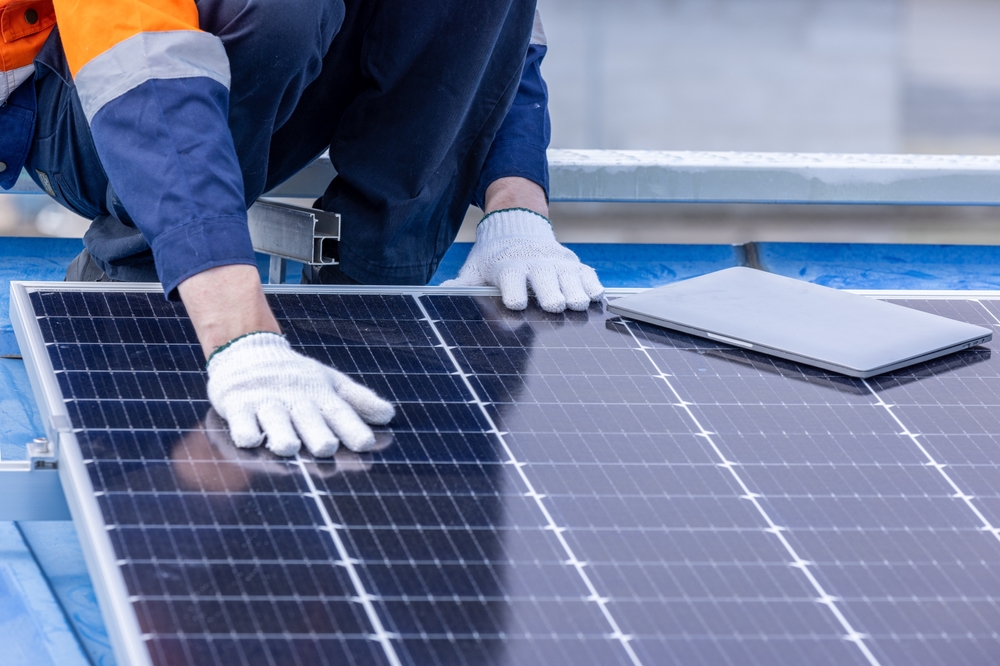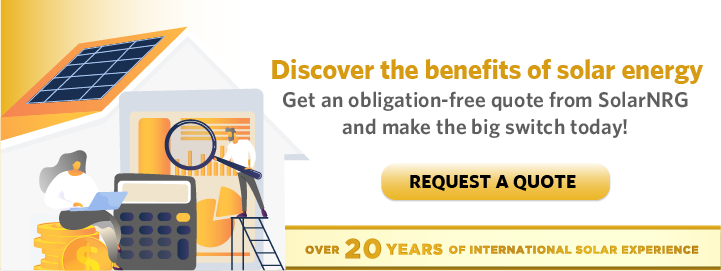Many households and businesses in the Philippines strategically explore the various benefits solar power brings. Thankfully, the country’s sun-drenched islands and tropical weather ensure its chances of harnessing natural energies.
Solar investments are practical. With the technology continuously advancing and becoming more accessible, solar electricity is 20% to 50% less expensive today than previously estimated by climate scientists.
Indeed, a solar system is worth it, but the question is how to finance it. Don’t worry; you still have solar financing options if you choose not to buy outright. The two main options for solar financing in the Philippines are solar leases and power purchase agreements (PPAs).
This guide will walk you through these two major solar loan options in the Philippines and their benefits and drawbacks. Having a better idea of the alternatives can make the switch to solar easier!
Solar Lease vs. PPA: Introducing the Main Solar Financing Options in the Philippines

Solar leases and power purchasing agreements have significant differences; at the same time, they have several things in common as alternative energy financing options. Here are some of their shared pros and cons.
Pros of solar lease and PPA
- No upfront costs: Both options require little to no initial investment, making solar energy quickly accessible without a significant financial burden.
- Maintenance and performance: The provider handles the installation and maintenance, saving you from additional expenses and inconvenience.
- Predictable costs: You’ll have a consistent monthly fee with a lease for easier budgeting. With a PPA, the fixed price per kWh means periods of low electricity usage translate to lower monthly charges.
- Quick setup: Leasing typically involves faster approval and installation than other financing options. PPAs also usually have a streamlined setup process with the installation provider.
Cons of solar lease and PPA
- Ineligible for rebates or tax credits: Since you don’t own the panels, you can’t take advantage of government incentives like rebates or tax credits.
- Long-term commitment: Leasing agreements typically last for at least 10 years, which can be a long-term commitment if your circumstances change. Similarly, PPAs usually involve extended contracts, from 15 years to 25 years, which can be a lengthy obligation.
- Property sale complications: If you decide to sell your property, you may deter potential buyers because of the nature of a lease agreement and its associated costs. Likewise, homes with a PPA can be challenging, as the new owner must agree to take over the contract.
- Potential rate increases: Some lease agreements include escalator clauses that increase your monthly payments over time, much like PPAs with the same provision that increases the rate you pay for electricity over time or based on external factors.
Solar Lease vs. PPA: How These Solar Financing Options Differ
Solar leases and PPAs are two ways to rent a solar system if purchasing it outright is not feasible. They differ in several aspects.
What is a Solar Lease?
A solar lease is a financing arrangement for renting solar panels from a provider. This arrangement involves paying fixed monthly fees to generate energy. Lease plans may or may not include a battery system and may offset the net meter rate of your electricity bills.
Reasons to Choose a Solar Lease over a Solar PPA:
- Predictable monthly payments: Solar leases offer fixed rates regardless of energy usage, because of this predictability, budgeting and financial planning become easier than paying variable costs associated with a PPA.
- Simpler approval process: Solar leases often involve a more straightforward approval and installation process. The lease agreement focuses on renting the solar system with a fixed monthly payment, which is easier to understand and negotiate. This simplicity translates into a quicker approval process since there are fewer complex details to finalize.
- Performance guarantees: Many solar leases come with performance guarantees that ensure the system will produce the required amount of energy. These added provisions bring peace of mind and potentially better value if the system performs beyond expectations.
What is a Solar PPA?
A power purchase agreement is a financing arrangement with a third-party provider that lets you install and buy solar energy generated by its system at a fixed price per kilowatt-hour (kWh). The price is typically lower than what utility companies charge.
Reasons to Choose a Solar PPA over a Solar Lease
- Lower kWh rate: PPAs typically offer a lower rate per kilowatt-hour than the fixed monthly fee of a solar lease. This privilege can lead to immediate and significant savings on your electricity bill.
- Cost flexibility based on usage: With a PPA, you pay for your electricity consumption; your costs can decrease if you use less energy. This flexibility can be advantageous during periods of low energy usage.
- Customizable contract terms: PPAs often allow tailored agreements, including personalized contract lengths and energy rates that better align with your specific energy needs and financial situation.
Solar Solutions Within Reach
Solar power offers too many benefits that are impossible to ignore. The best part is avoiding the high initial investment of buying an entire solar system through the abovementioned solar financing options, putting solar power within reach. You only need to understand your choices should you acquire solar energy.
As you weigh your options, consider SolarNRG! We offer access to solar energy for industrial, residential, and commercial use. You can inquire about our services to immediately get a solar panel installment plan anywhere in the Philippines!


Recent Comments